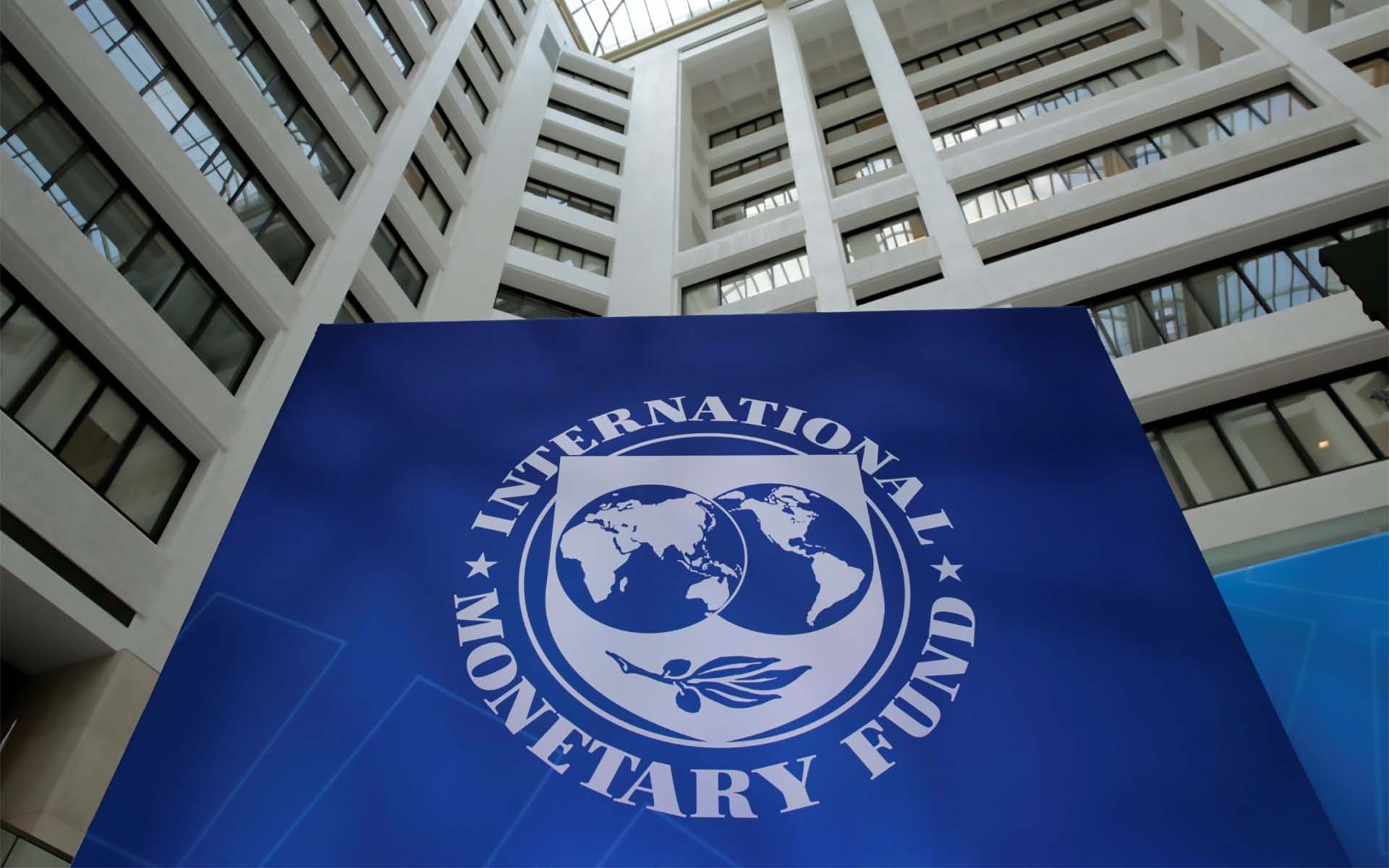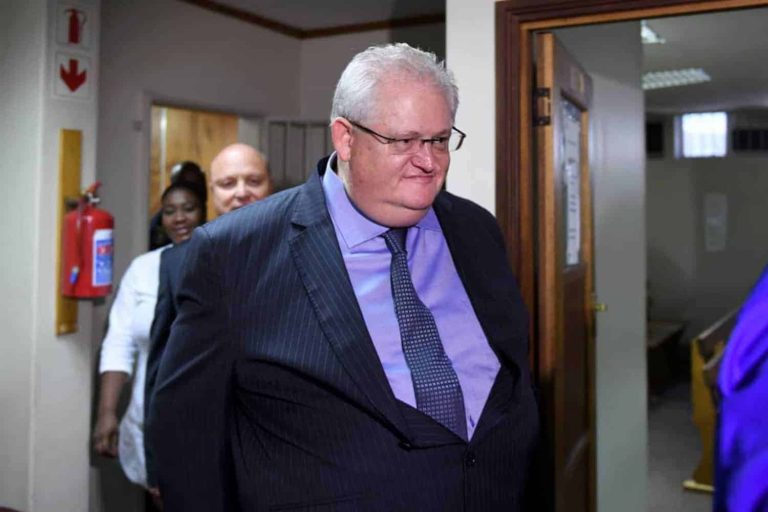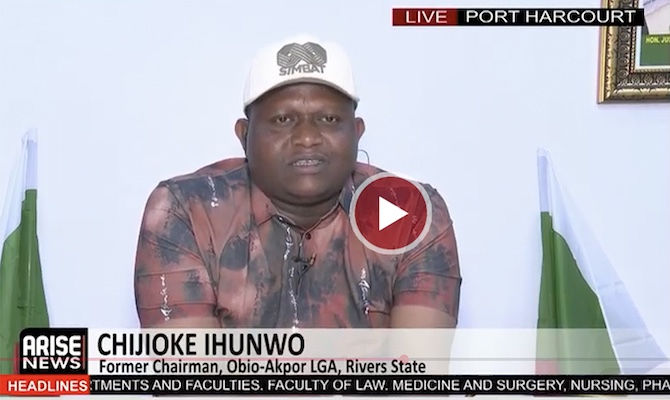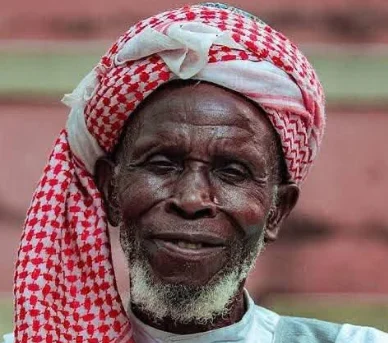
The International Monetary Fund (IMF) has called on Nigeria to intensify its macroeconomic and fiscal reforms, stressing that stronger domestic revenue mobilisation and transparent debt management are vital to sustaining economic growth and protecting vulnerable citizens amid tightening global financial conditions.
Speaking at the IMF–World Bank Annual Meetings in Washington on Thursday, Abebe Selassie, Director of the IMF’s African Department, presented the latest Regional Economic Outlook for Sub-Saharan Africa, forecasting regional growth at 4.1 percent in 2025, with a modest improvement projected for the following year.
Selassie commended Nigeria’s progress on macroeconomic stabilisation but warned that the country faces mounting fiscal pressures due to rising debt servicing costs, limited access to external credit, and a decline in oil revenues.
“Nigeria, like many countries in the region, has made commendable progress in reform implementation,” he said. “However, rising debt service costs are crowding out development spending, and fiscal space remains tight.”
Revenue Mobilisation and Diversification Key
The IMF official urged Nigeria to prioritise domestic revenue mobilisation, emphasising the need to modernise tax systems through digitalisation, strengthen compliance, and rebuild public confidence in fiscal institutions.
“It’s not just about raising taxes,” Selassie explained. “Citizens must see that revenues are being used effectively. Tax reforms must be both efficient and equitable, with clear evidence that funds are improving education, health, and infrastructure.”
He noted that while global commodity prices for gold and copper remain strong, falling oil prices have heightened fiscal risks for oil-dependent economies such as Nigeria.
“This divergence in commodity prices reinforces the need for diversification and reduced dependence on oil,” he said.
Selassie also highlighted the importance of transparent debt reporting and improved public financial management, urging Nigeria to publish comprehensive debt data and enhance budget oversight to attract affordable financing and rebuild fiscal buffers.
“Publishing full debt statistics and reinforcing budget oversight are crucial steps toward reducing borrowing costs and restoring investor confidence,” he noted.
The IMF warned that about 20 African countries are currently at high risk of debt distress, and urged reforms of state-owned enterprises to prevent leakages and improve efficiency in public spending.
Tackling Illicit Financial Flows
Responding to questions on illicit financial flows, Selassie described such outflows from corruption and tax evasion to trade misinvoicing as a major drain on national revenue.
“Illicit financial flows deprive countries like Nigeria of vital resources,” he said. “Targeted reforms must strengthen oversight, improve transparency, and close loopholes that allow funds to leave the continent undetected.”
The IMF reiterated its support for Nigeria’s ongoing economic reform agenda, noting that consistent policy implementation and accountability would be critical to sustaining long-term growth.



